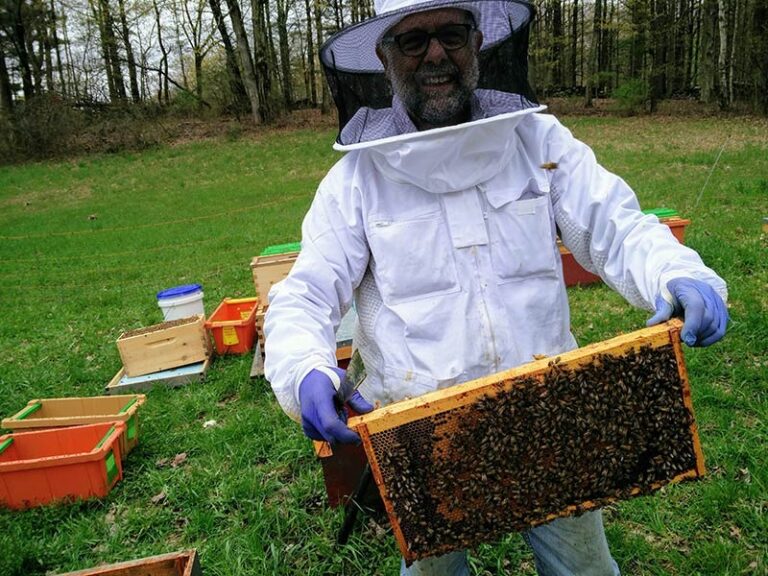How Grief Impacts Career Decisions and Professional Growth
Grief is one of life’s most profound and universal experiences. Whether it stems from the loss of a loved one, a relationship breakdown, or even the loss of a long-held dream, grief has a powerful effect on how we think, feel, and act. While it is often viewed as a deeply personal struggle, grief can also significantly influence our careers.
It may alter our professional choices, slow down growth, or even inspire unexpected shifts in direction. In such moments, grief counselling and career counselling can provide essential support, helping individuals navigate the intersection of loss and professional life.
The Emotional Weight of Grief at Work
Grief affects far more than emotions—it can impact energy levels, concentration, and motivation. For many, returning to work while grieving feels overwhelming. Productivity may decline, deadlines may feel insurmountable, and previously enjoyable tasks may seem meaningless.
This emotional burden can also affect workplace relationships. A grieving employee may withdraw socially, struggle to communicate effectively, or find it difficult to collaborate. Over time, these challenges can influence career progression, performance reviews, and even opportunities for advancement.
How Grief Shapes Career Decisions
Grief has the power to reshape priorities in unexpected ways:
- Re-evaluating Career Goals
After a significant loss, individuals often reflect deeply on their lives. Some may question whether their current career aligns with their values or passions. This introspection can lead to career shifts, such as pursuing more meaningful work, changing industries, or seeking roles with greater work-life balance.
- Delaying Professional Growth
For others, grief creates a temporary pause. Career advancement opportunities may be set aside while the individual focuses on healing. This is not a weakness but a natural process—sometimes stepping back is necessary to rebuild inner strength.
- Pursuing New Directions
Loss can also spark courage to make long-considered changes. For example, someone may decide to leave a high-stress corporate role to start a small business or pursue a creative passion. Grief can serve as a catalyst for realignment, encouraging individuals to pursue paths that feel more fulfilling.
The Role of Grief Counselling
A grievance counsellor near me provides a safe and supportive space to process loss. Professional counsellors help individuals understand the complex emotions associated with grief—sadness, anger, guilt, or even relief—and guide them toward healthier coping mechanisms.
In relation to careers, grief counselling plays several important roles:
- Restoring Emotional Balance
By addressing emotional pain, counselling helps individuals regain focus and energy that can be redirected toward professional responsibilities.
- Building Resilience
Counsellors equip individuals with tools to manage stress, allowing them to handle workplace challenges without becoming overwhelmed.
- Preventing Long-Term Setbacks
Without support, unresolved grief may lead to burnout, absenteeism, or disengagement. Counselling can prevent these outcomes and protect long-term career health.
The Role of Career Counselling During Grief
While grief counselling focuses on emotional healing, career counselling addresses the practical impact of grief on professional life. A career counsellor can help in the following ways:
- Clarifying Priorities: Career counselling encourages individuals to reflect on what they truly want from their professional life post-loss.
- Exploring New Pathways: For those considering a career change, career counsellors can identify transferable skills, suggest new opportunities, and guide transitions.
- Setting Realistic Goals: Grief can cloud judgment, making decisions feel overwhelming. Career counsellors North Vancouver help break down choices into manageable steps.
- Supporting Workplace Communication: Career counsellors may also coach individuals on how to communicate with employers about their needs, such as flexible hours or temporary workload adjustments.
Together, grief counselling and career counselling form a powerful support system—one that nurtures emotional healing while also guiding professional growth.
Integrating Healing and Career Growth
Healing from grief doesn’t mean ignoring its impact on one’s career. Instead, it involves finding ways to integrate personal recovery with professional responsibilities. With the right support, grief can lead to greater self-awareness and resilience, qualities that enrich not only personal life but also professional success.
Employers, too, play a role. Creating compassionate workplace policies, offering mental health support, and normalizing conversations around grief can help employees return to work with dignity and strength.
Conclusion
Grief is a transformative experience that often reshapes how we see our lives, including our careers. It may cause pauses, shifts, or even radical changes in professional direction. While the journey through loss is never easy, grief counselling provides the emotional tools to heal, and career counselling offers the guidance needed to make thoughtful professional choices during such vulnerable times.
Ultimately, grief can serve as both a challenge and an opportunity—pushing individuals to reimagine their careers in ways that align with their values, resilience, and newfound perspective on life. With the right counselling support, grief does not have to derail professional growth; instead, it can become a stepping stone toward a more meaningful career journey.






